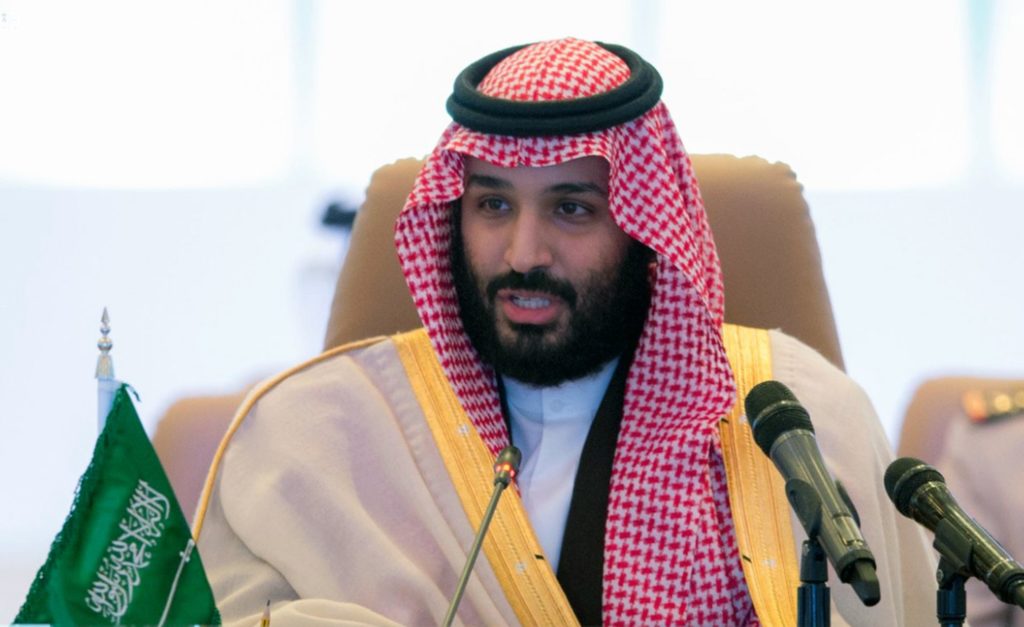The Saudis reportedly approached private firms in order to assassinate Iranian military officials.
By Jack Gold, World Israel News
Saudi intelligence officials headed by Saudi Crown Prince Mohammed bin Salman attempted to contract private companies to assassinate Iranian officials and target the country’s economy, the New York Times reported Monday.
Saudi intelligence official Maj. Gen. Ahmed al-Assiri was present at a meeting in March 2017 in Riyadh, where businessmen who served as intermediaries for the companies pitched a $2 billion plan to use private intelligence operatives in order to sabotage the Iranian economy, according to the report.
During the discussion, part of a series of meetings to obtain Saudi funding for their plan, Assiri’s top aides inquired about killing Iranian General Qassim Suleimani, leader of the Iran’s Revolutionary Guards Corps’ (IRGC) Quds Force and a man considered an arch enemy of Saudi Arabia, the report said.
The Saudis asked the businessmen whether they had “conducted kinetics,” lethal operations, saying they were interested in assassinating senior Iranian officials, according to three people familiar with the discussions.
The businessmen reportedly hesitated, saying they would need to consult their lawyers, but subsequently turned down the request.
According to the Times, George Nader, a Lebanese-American businessman, arranged the meeting. He had met previously with Saudi Crown Prince Mohammed and pitched a plan similar to that of Trump administration officials to generate instability in Iran.
In 2016, Psy-Group, a company owned by Joel Zamel, pitched the Trump campaign on a social media manipulation plan. Zamel, an Israeli, was described by the Times as someone with “deep ties” to Israel’s intelligence and security agencies.
The plan to sabotage Iran’s economy dates back to the beginning of 2016 when the Saudis began discussing a campaign of economic warfare against the Islamic Republic – similar to that waged by Israel and the U.S. during the past decade aimed at ending Iran’s nuclear program. The strategy included revealing hidden IRGC global assets, creating fake social media accounts to foment unrest in Iran, financing Iranian opposition groups, and publicizing accusations, real or fictitious, against senior Iranian officials in order to turn them against one another.
A spokesman for the Saudi government declined to comment on the report, as did lawyers for both Nader and Zamel.


